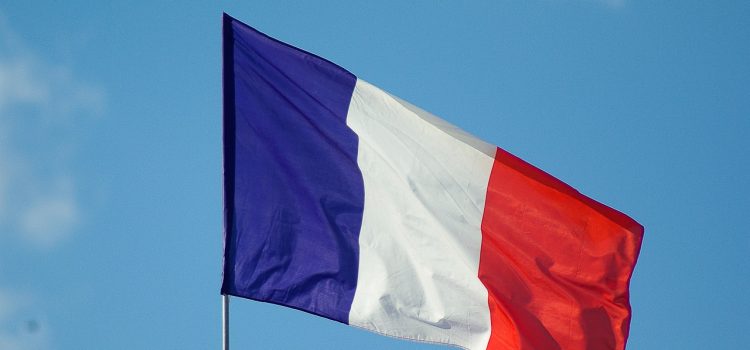
The European Central Bank (ECB) has kept Europe’s economy stable for years. But now, the ECB is facing a new challenge as inflation rises in France and Spain—two of the continent’s largest economies. Inflation can be both a blessing and a curse; it allows economies to grow, but too much can lead to an economic slowdown. As such, the ECB must tread carefully when dealing with this rising tide of inflation. This article will take a look at the current situation in France and Spain, what the ECB’s response might be, and how this affects investors going forward.
ECB Fears Mount As Inflation Rises In France And Spain
The ECB is facing mounting fears over inflation as prices continue to rise in France and Spain. The central bank has been trying to keep a lid on inflation by raising interest rates, but it now appears that the measure is having little effect. Prices are rising at their fastest pace in years, and there are concerns that the ECB will be forced to take more drastic action in order to bring inflation back under control.
How the ECB is Responding
The European Central Bank (ECB) is worried about inflation. Inflation in France and Spain is rising, and the ECB is concerned that this could lead to a rise in prices across the eurozone. To combat this, the ECB has announced a series of measures to try to keep inflation under control.
Firstly, the ECB has cut interest rates. This will help to encourage spending and stop prices from rising too quickly.
Secondly, the ECB has announced a new bond-buying program. This will help to lower government borrowing costs and should help to keep inflation under control.
Lastly, the ECB is also considering changing its monetary policy stance. This could mean increasing asset purchases or introducing more quantitative easing. These measures should help to boost growth and keep inflation under control.
What this Means for the European Economy
Inflation in the eurozone is rising as a whole, but particularly in France and Spain. This is causing concerns for the European Central Bank (ECB), which has been trying to keep inflation low.
The ECB’s main concern is that higher inflation will lead to higher interest rates. This would make it more expensive for companies to borrow money, and could lead to a recession.
Higher inflation could also cause problems for the euro. If people start to lose faith in the currency, they may start to sell it off, causing its value to drop.
The ECB is therefore closely monitoring inflation in the eurozone, and may take action to try and bring it down if it starts to get too high.
What this Means for the Global Economy
The European Central Bank (ECB) is worried about inflationary pressures in France and Spain, two of the Eurozone’s largest economies.
Inflation in the Eurozone as a whole is already above the ECB’s target of 2%, and it looks like it could go even higher in the months ahead.
This is bad news for the global economy, which is still struggling to recover from the financial crisis of 2008.
Higher inflation in Europe will lead to higher interest rates, which will make it more difficult for businesses to borrow money and invest. This could put a brakes on economic growth around the world.
It’s also worth noting that higher inflation in Europe could put pressure on central banks in other parts of the world to raise interest rates as well. This would be especially true if inflation starts to pick up in developed countries like the United States.
Conclusion
The rising inflation in France and Spain serves as a concerning warning sign to the ECB, who are now left with very few options when it comes to addressing the issue. The situation is not an easy one and requires careful consideration of both monetary policy actions and fiscal stimulus measures, if Europe wants to ensure that its population will have access to economic stability moving forward. With tensions already high between member states, this additional challenge could cause further divisions or lead to new approaches towards cooperation within the eurozone.









